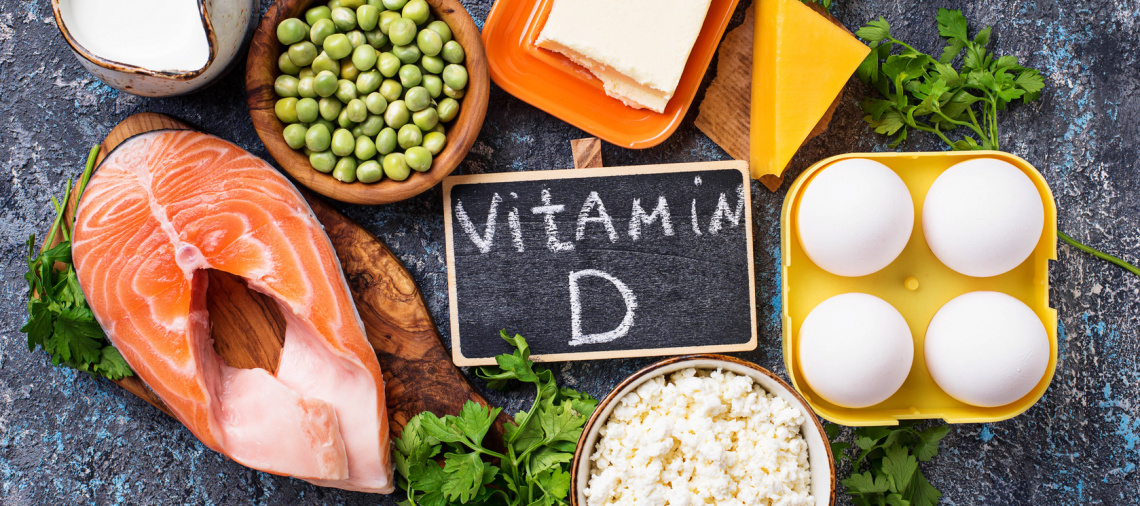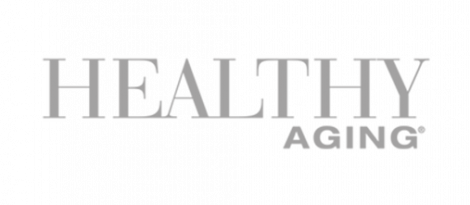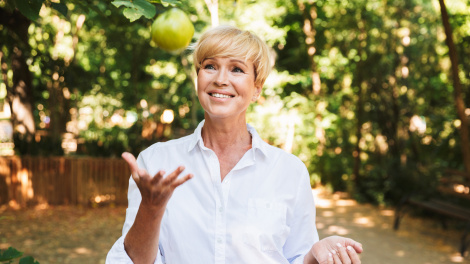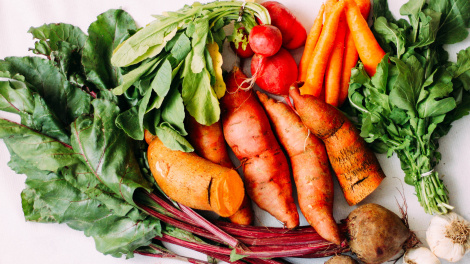Vitamin D – Put the right food on your plate.

Not many people jump to a deficiency in vitamin D as the cause of certain symptoms they may be experiencing. You’re more likely to hear someone say their fatigue is due to an iron or vitamin B12 deficiency. While these are also likely causes of many related symptoms, it’s important to look at where you are getting your source of vitamin D. Ps. It’s not only from the sun!
Signs of a Vitamin D Deficiency
The most common symptom of a vitamin D deficiency is some kind of depression or unexplained blues – people who live in countries with minimal sun exposure often experience this in mass. This is generally accompanied by lingering fatigue and susceptibility to sickness or infection. Vitamin D also ensures that your hair and bones are strong – you may experience hair loss and weakened bones if you are vitamin D deficient. Finally, your body might also struggle to manage pain, with dull and achy muscles a frequent occurrence. Read more about the impact of vitamin D deficiency in this article. It’ll give you a clearer understanding of vitamin D’s impact on your body.
Like any vitamin or mineral, looking for a food source is a great addition to the available supplements. Although vitamin D levels in our food is not as high as those in supplements or sun rays, it is still an important feature in your diet. Have a look at the foods most rich in Vitamin D.
Foods rich in Vitamin D
Fatty Fish
Salmon, tuna and mackerel are fantastic fish to include in your diet. Not only are they a great source of vitamin D, they are also rich in omega 3 fatty acids. The combination of nutrients is incredibly beneficial to all aspects of your health. These are versatile fish – they are great in salads and as a main meal!
Fortified Foods
Foods that are fortified with vitamin D are not hard to come by. Dairy products, like certain cheeses and milk, as well as soy and nut milks are produced with extra vitamin D. Certain cereals are also a good source of vitamins – be cautious when buying these, as many cereals have a high sugar index and have very little vitamin D per recommended portion. Look to the “bland” breakfast cereals without added flavour – bran flakes, oats, multigrain.
Egg Yolks
While there is not as much vitamin D in egg yolks as there is in fish, there is certainly no harm in adding a few to your diet. Eggs offer a multitude of other benefits, in addition to the vitamin D content. They are, quite frankly, the easiest and most versatile ingredient in your kitchen. Breakfast, lunch, dinner, dessert – you name it!
Remembering the benefits of every food group is a bit trying at times. This is good for that, that helps with this, and so on and so forth. What’s important that you understand what your body needs and when. Keeping track of your body and how you are feeling will give you an indication of the vitamins and minerals needing a boost.
Just browsing? See our most popular articles



Start today! Join TheOptimal.me
Our guided 21-day course, First Steps to Physical Freedom, will introduce you to IMRs and help you make movement a habit.
- Unlimited access to Integrated Movement Routines (IMRs)
- Tips and advice from our experts
Full access free for 30 days.



